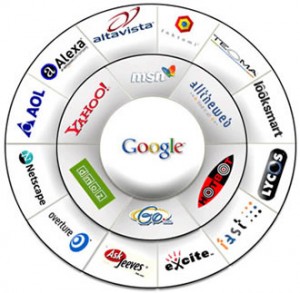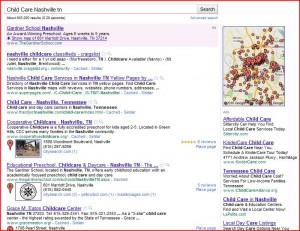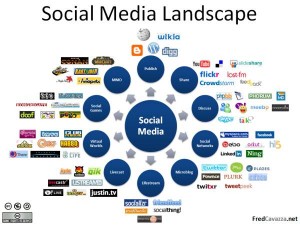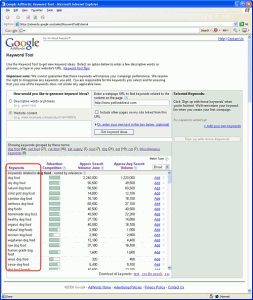Keeping up with local SEM changes
Wednesday, March 30th, 2011
Has local SEM or search engine marketing got you confused lately? Things are certainly not the same as they were 2 or 3 years ago? The local search marketing game is changing folks and technology can be blamed on that. Chances are in the next three years it will change even more so don’t get too mad. Just hop on the horse and try to hold on.
Let’s take a look at how the local SEM game has changed over the years:
Local SEM Change#1 – Blogs
Blogs have been around for a number of years but I still see many website owners trying to market themselves locally that still do not understand the concept of a blog. A blog is nothing more than a journal entry of your choice that adds a whole new page to your website. You can structure that post as you wish and with a little savviness that blog post can rank for a variety of search terms in the industry.
Local SEM Change#2 – Social Media
Now wasn’t this a wrench in the gears for some? Who would have thought that communicating on a local level with your audience in front of your computer would make things so difficult for some businesses. It’s still cheaper than a newspaper ad but when you have been doing print advertising for a better part of your life it is tough to walk away from it for some. Can’t teach an old dog new tricks right?
Local SEM Change#3 – Check In Technology
Hold onto your hat folks because this one might make your head spin. You walk into a Starbucks and you click a button to tell everyone you have checked in and now you have a mayor badge? What badge? To make things even worse for some businesses Facebook has stepped into to join the fun with the location check in technology which is going to downright give some business owners a head ache.
Don’t be scared but rather embrace the new changes and find a way to get involved with the new technologies related to your local SEM campaign. Waiting and hoping things will change is never going to happen. If you need help you can give me a buzz, I’ll be happy to evaluate your local SEM needs.








 The predictions season is here . . . Telmetrics is one of the first out of the gate with its “Top
The predictions season is here . . . Telmetrics is one of the first out of the gate with its “Top 

